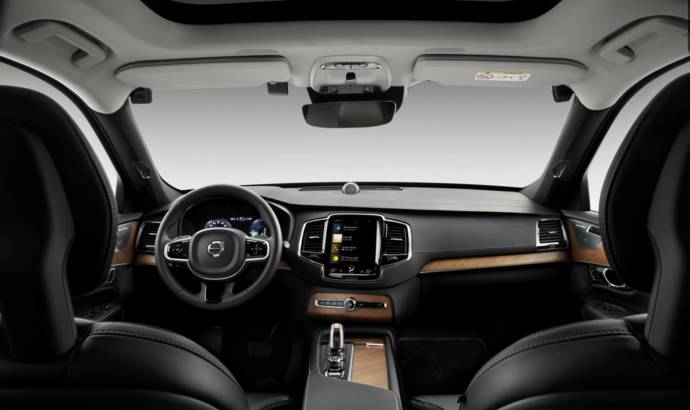Along the introduction of its Care Key feature, ready to be featured standard on all Volvo’s starting 2020, the Swedish manufacturer reveals a new step in its ambitions to end fatalities in its cars by addressing the issues of intoxication and distraction.
Apart from speeding, which the company aims to help combat with a top speed limit, intoxication and distraction are two other primary areas of concern for traffic safety. Together, these three areas constitute the main ‘gaps’ towards Volvo Cars’ vision of a future with zero traffic fatalities, and require a focus on human behaviour in the company’s safety work as well.
For example, figures by NHTSA show that in the United States, almost 30 per cent of all traffic fatalities in vehicles in 2017 involved intoxicated drivers.
Volvo Cars believes intoxication and distraction should be addressed by installing in-car cameras and other sensors that monitor the driver and allow the car to intervene if a clearly intoxicated or distracted driver does not respond to warning signals and is risking an accident involving serious injury or death.
That intervention could involve limiting the car’s speed, alerting the Volvo On Call assistance service and, as a final course of action, actively slowing down and safely parking the car.
A driver-monitoring system is an important element of allowing the car to actively make decisions in order to help avoid accidents that could result in severe injuries or death.
Introduction of the cameras on all Volvo models will start on the next generation of Volvo’s scalable SPA2 vehicle platform in the early 2020s. Details on the exact amount of cameras and their positioning in the interior will follow at a later stage.
Today’s announcement should be viewed together with the company limiting the top speed on all its cars to 180kph (112mph) from model year 2021, in order to send a strong signal about the dangers of speeding.



